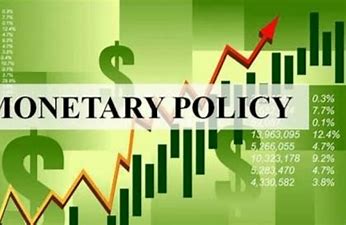Prevailing view is still that monetary authority will maintain course of monetary policy
08/03/2022

The new rounds of oil, grain and metal price hikes are expected to add even more pressure on inflation. But the prevailing view in the financial market is still that Brazil’s Central Bank is likely to maintain the course of monetary policy, without intensifying the pace of interest rate hikes in relation to what is forecast.
The Focus bulletin released on Monday morning indicates that the Central Bank’s Monetary Policy Committee (Copom) will rise the Selic, Brazil’s benchmark interest rate, by 100 basis points next week, to 11.75% per year.
The Copom options traded on the B3 indicate a 63% chance of a 100 bp increase, while the probabilities of higher hikes are just over 30%. The future interest rates were at a high level on Monday.
Analysts, including some with stints in the Central Bank, told Valor that the Copom’s most likely response to the shock is a little more monetary tightening over time. But, in general, they argue that the monetary authority is likely to move cautiously in the face of uncertainty because it is not yet certain at what level the commodity prices will stabilize.
One economist says that there is no way to escape the handbook of the inflation-targeting regime: the Central Bank must accommodate the primary effect of the shock within the tolerance range, but firmly fight the so-called secondary effects.
A key point is that price hikes in food, metals and oil hit inflation fast, so it tends to be concentrated this year in particular. As for food and metals, there is little left over for inflation two years ahead. In the case of oil, the effect is longer, but much of it is concentrated in the first year.
Thus, most of the primary effect of this shock is likely to impact inflation in 2022, a year that is already moving out of the Central Bank’s focus of action. The Central Bank is working with a longer horizon, with an eye mainly on the 2023 target. Since for the coming year there are basically the secondary effects left, there will be little alternative but to fight them with greater firmness.
The good news is that, for now, the impact of the war on inflation expectations for 2023 has been contained. The variation of Brazil’s benchmark inflation index IPCA expected by the market for next year was stable at 3.51% last week. It is precisely in inflation expectations that the bulk of the secondary effects is concentrated.
In part, this has to do with the Central Bank’s credibility. The market believes that whatever interest rate is needed to combat the new price shock, the Copom will act. Hence, the slightly longer rates traded in the market have moved more, pricing in the chance of a bigger squeeze at the end of the interest rate hike cycle.
The stability of expectations, on the other hand, allows for the Central Bank to follow the script in the short term: raise the Selic by 100 bp next week and leave some room for maneuver to define its next steps when the inflationary impact of the war becomes clearer.
